AUGUSTA — As excessive heat warnings go into effect across Maine, experts say house pets and farm animals are among those most at risk from this week’s “heat dome.”
Temperatures hit the low 90s through much of Maine on Tuesday and are forecasted to climb into the upper 90s through the end of the week peaking at 97 degrees on Thursday. Heat advisories have been declared across nearly the entire state.
The heat will feel more intense than usual due to high humidity throughout the week, meteorologists say, heightening the risk of heat exposure for livestock and pets.

A chicken sits in a hole and tucks some mud under its feathers Tuesday to cool off at RMT Farms in Litchfield. Joe Phelan/Kennebec Journal
Heat stroke can be fatal for animals and humans alike, though experts say it is possible to keep cool with basic precautions. Shade, water and air circulation are the best ways to keep farm animals, house pets and humans alike safe and cool.
Hillary Roberts, the executive director of the Augusta-based Kennebec Valley Humane Society, recommends keeping animals inside as much as possible during the extreme heat.
Roberts recommends a short walk in the shade for dogs. If possible, a kiddie pool filled with water would be a good way for dogs to cool down. She does not recommend taking a dog on a car ride during the extreme heat.
Dog owners also should check how hot the sidewalk is before taking pets for a walk. Concrete, asphalt and sand all can absorb and retain heat, potentially burning both animal paws and bare feet, according to the Maine Department of Agriculture, Conservation and Forestry.
“To test if a surface is too hot, touch it with the palm of your hand,” the department said in a news release. “If it is too hot for you, consider taking a different route, on mostly grass, or waiting until the evening when everything has had a chance to cool.”
For cats that roam both inside and out, it’s recommended they stay inside for most of the day, and if the cat is an outdoor cat, to always give access to water and a shady place.
If an animal is acting lethargic or there is any change in the pet’s behavior or appetite, Roberts suggests contacting the vet.
“It’s important that time out in this heat is limited for dogs and cats,” she said.
Farmers should give livestock similar precautions to keep them safe, according to Michael Robinson, who tends to everything from alpacas and pigs to sheep and chickens as the owner of RMT Farms in Litchfield.
Humidity can take a toll on livestock in particular, Robinson said, though shade and water are the best ways to keep animals cool. RMT Farms plans to keep its larger animals, like cows and pigs, cool by setting up outdoor sunshades for animals to sit beneath.

A goat comes out of the barn Tuesday and stands in the shadow cast by a piece of shade cloth fabric that keeps the sun from shining into the barn at RMT Farms in Litchfield. Joe Phelan/Kennebec Journal
“The biggest thing is shade for farm animals,” he said. “We attached (the sunshade) to the fence with bungee cords, so it blocks a lot of sunlight from getting into the barn. Animals don’t have the ability to fully cool off like we do, so just giving them some shade is huge.”
An excessive heat warning has been issued for most of central Maine beginning at noontime Wednesday. Much of the rest of the state will fall under a heat advisory.
The National Weather Service issues excessive heat warnings when heat indexes are forecasted to reach 105 degrees or higher for two days and when night temperatures will not fall below 75 degrees. Heat advisories are similarly issued when overnight temperatures remain above 75 and daytime highs meet or surpass 100 degrees for at least two days.
The heat index factors together heat and humidity to measure how hot weather feels to the human body, similar to how wind chill measures cold weather.
Across Maine, heat indexes will sit in the mid-90s on Tuesday with the potential to reach upward of 105 on Wednesday and Thursday as hot and humid air accumulates statewide.
“Just make sure your animals are treated the same way you would yourself,” Robinson said. “Unlike humans, where we can go sit in front of an air conditioner, they can’t.”
Send questions/comments to the editors.



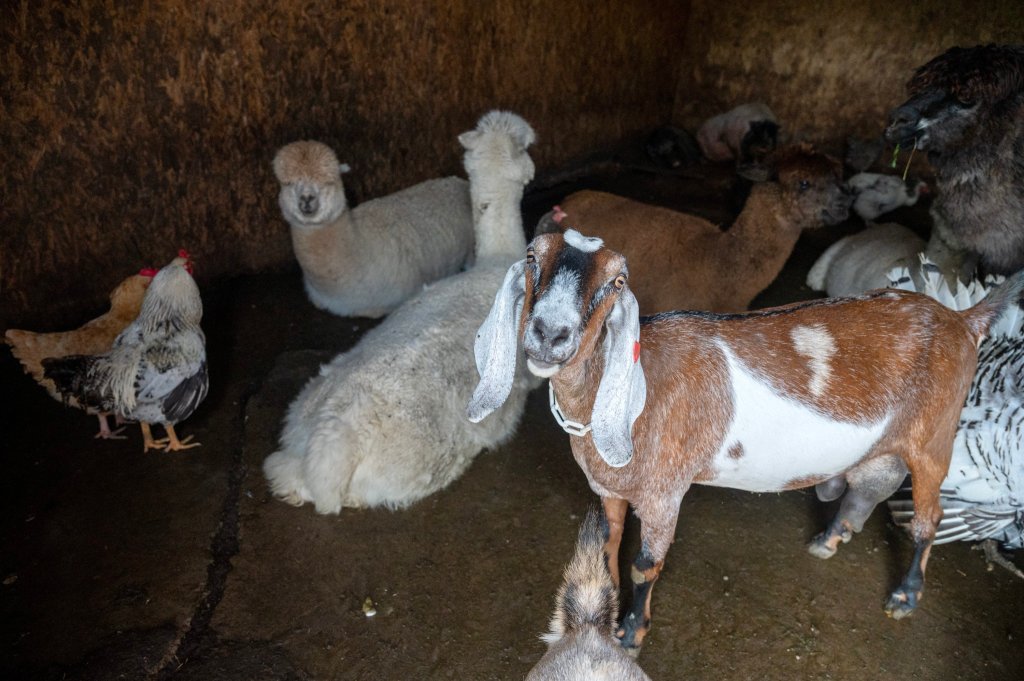
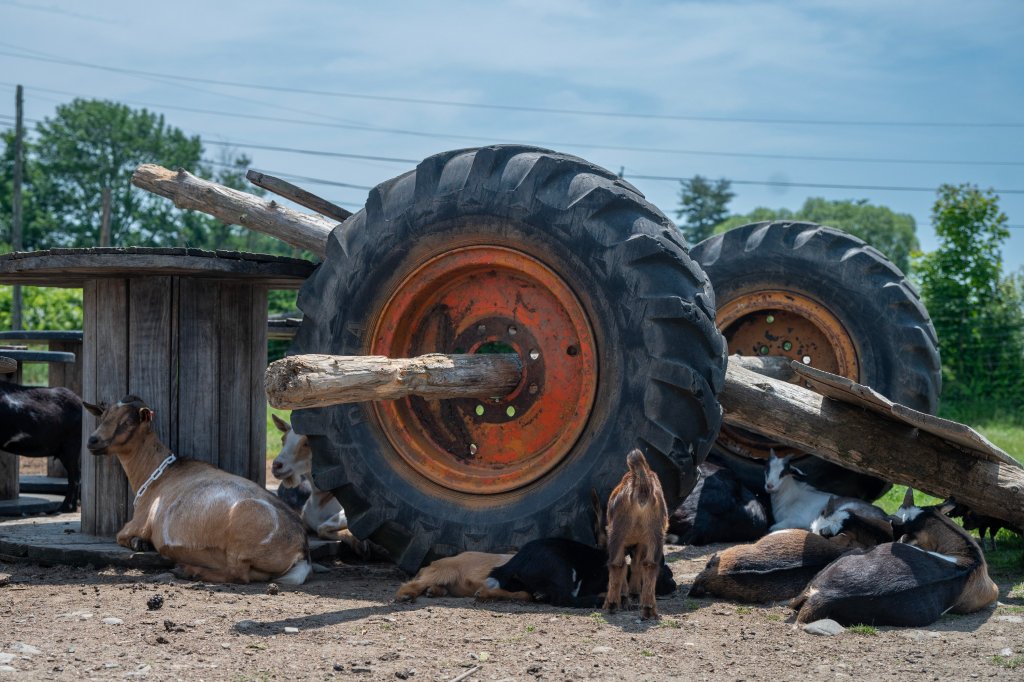
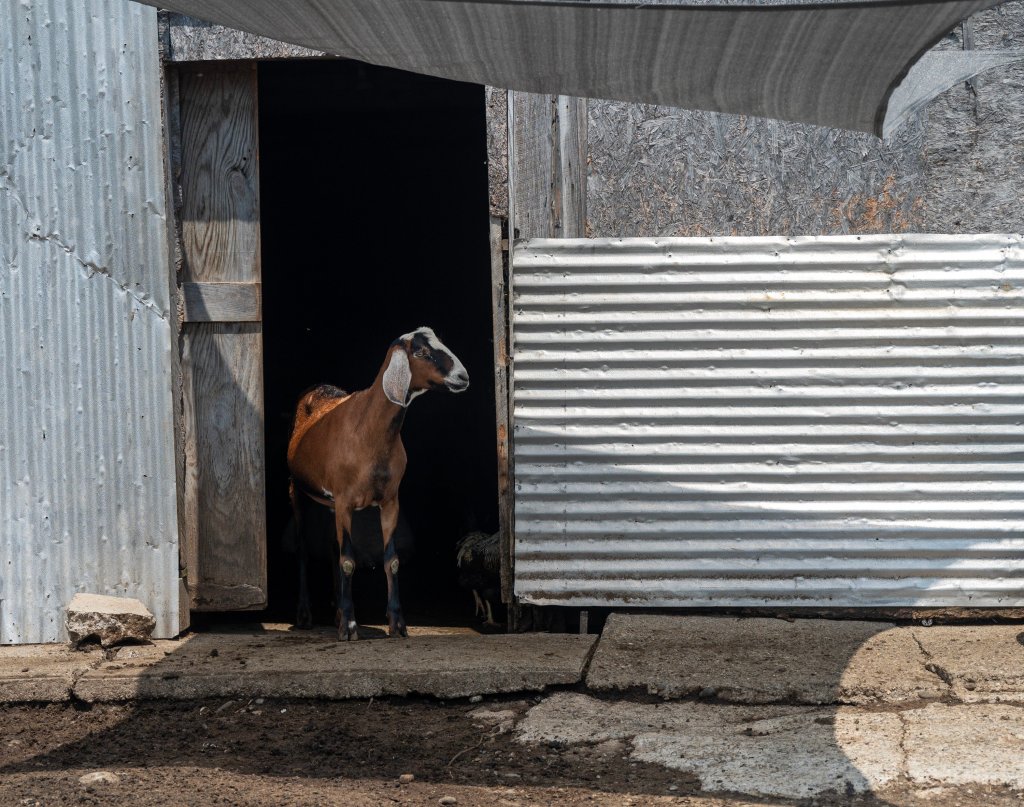
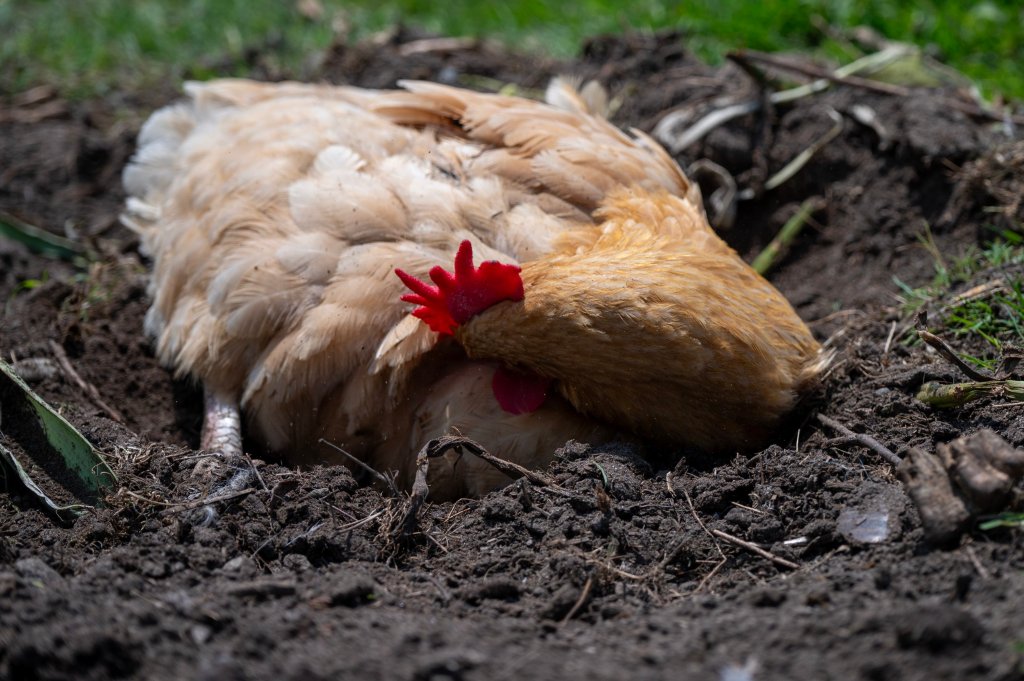
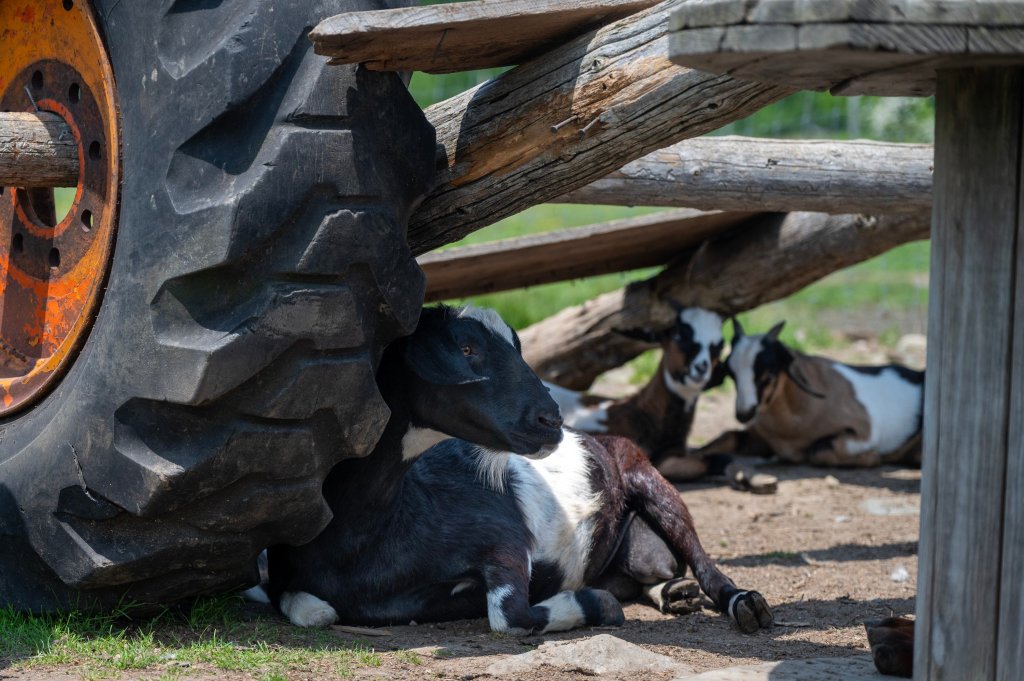
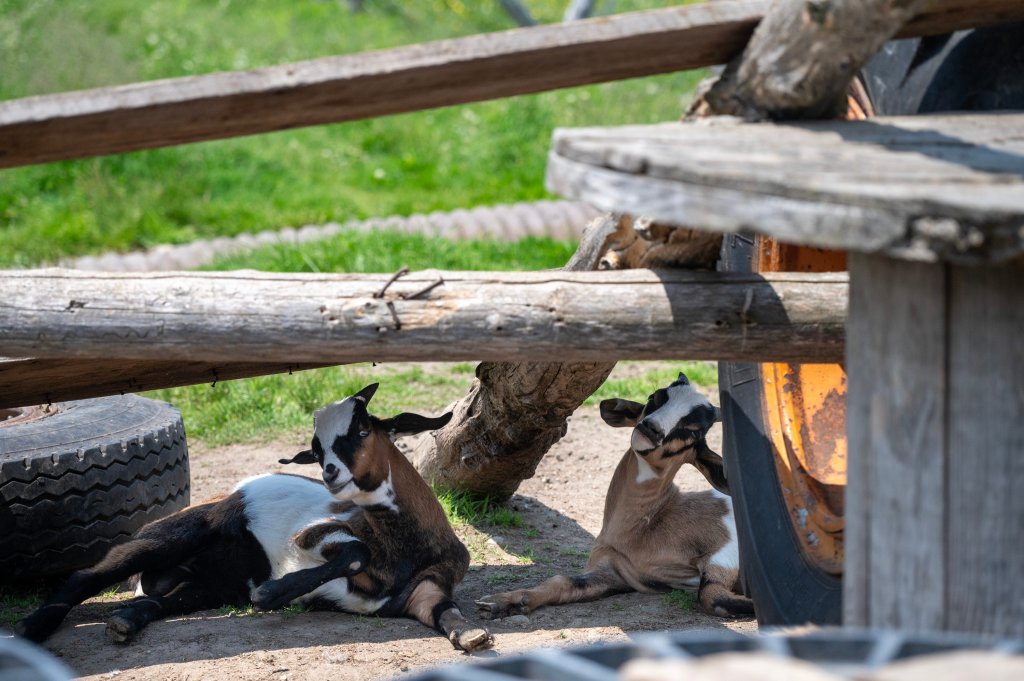

Modify your screen name
Join the Conversation
Please sign into your CentralMaine.com account to participate in conversations below. If you do not have an account, you can register or subscribe. Questions? Please see our FAQs.